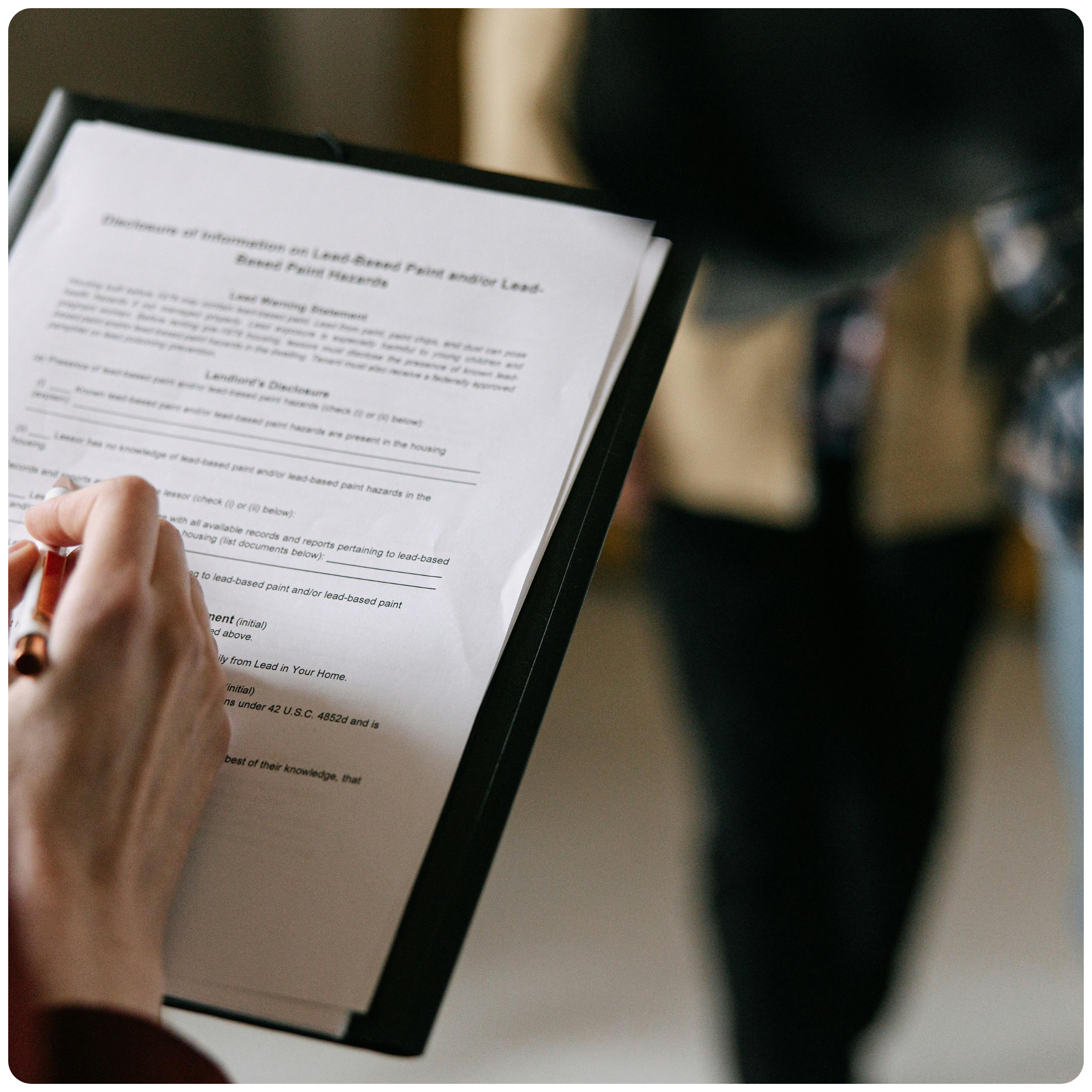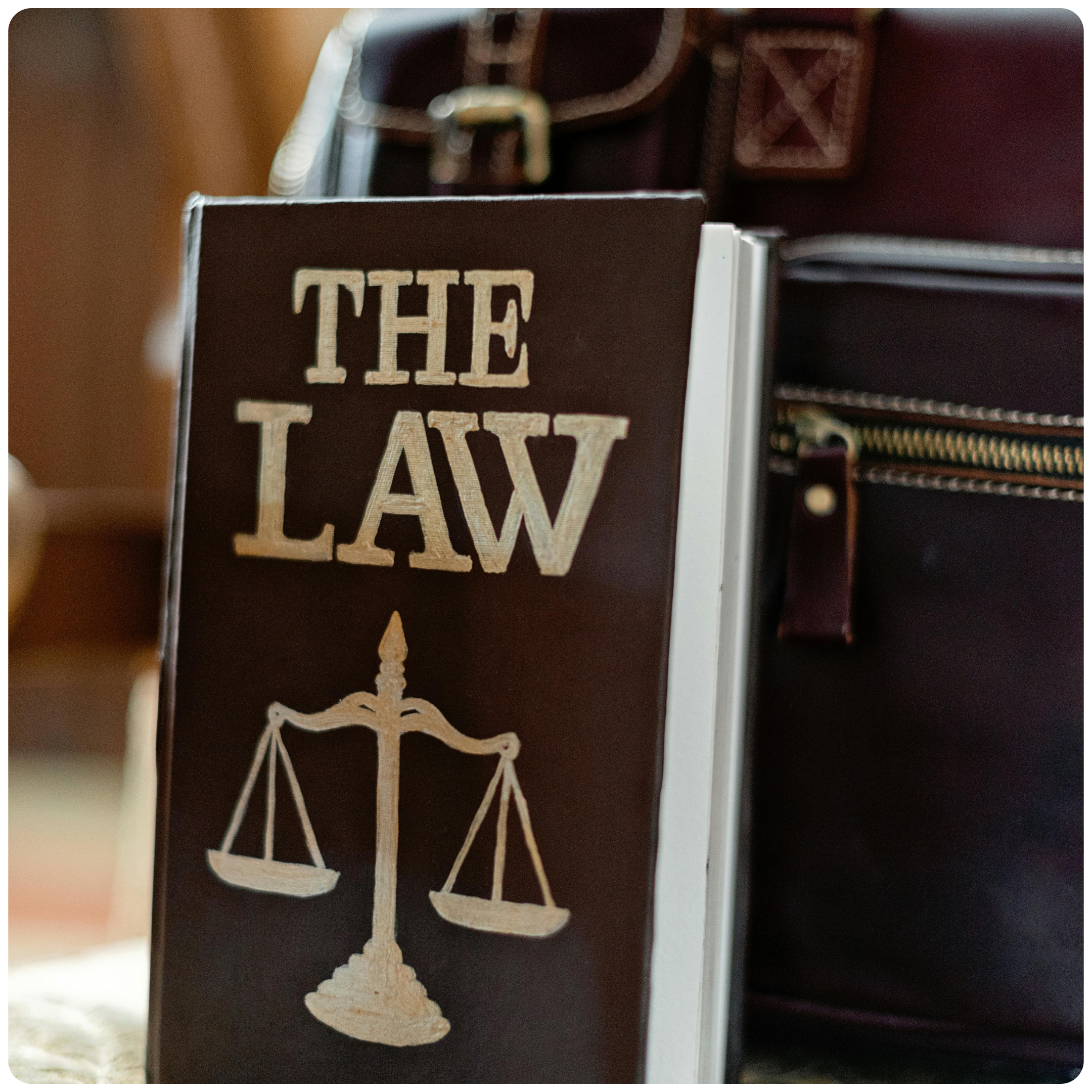Summary:
Think you lose all rights to your work once a client pays you? Not so fast. In South Africa, unless your contract explicitly states otherwise, you may still own the intellectual property (IP) rights to your work—even after payment. This misunderstanding has cost freelancers money, legal headaches, and sometimes, the right to their own creations. I’ve seen it happen—heck, it almost happened to me. So, let’s talk about what IP rights are, why they matter, and how you can protect yourself with airtight contract clauses. Plus, I’ll show you how to use our freelancer contract template to avoid IP disputes before they start.
The Mistake Freelancers Keep Making

A ago, I developed an operational strategy for a client using an original model I adapted from my Masters studies. The contract? Basic. The client? Happy. The problem? Months later, I found out they had sold operational advice to another company using my model—without paying me a cent more.
At first, I wasn't fuming because I figured the client paid for it, so there was nothing to it. Besides, my SLA did not stipulate any IP conditions, so I let it go. I later found out that, technically, I still had rights to the IP. But enforcing it? That would’ve been a nightmare, and I still wanted a good relationship with the client.
Here’s the kicker: This happens all the time. Clients assume they own your work because they paid for it. But legally? Not unless your contract says so.
Understanding Intellectual Property Rights in South Africa

IP rights govern who owns and controls creative work. As a freelancer, this includes:
- Copyright – Protects written, visual, or digital work (e.g., articles, logos, website designs).
- Trademarks – Covers brand names, logos, and slogans.
- Patents – Protects unique inventions or processes.
- Design Rights – Applies to the appearance of products.
Who Owns the Work?
Without a contract, South African IP law says:
- If you’re an employee, your employer owns the IP you create.
- If you’re a freelancer, you own the IP—unless your contract says otherwise.
- If the work is commissioned (e.g., photography, branding, writing), the client might own the copyright by default—depending on the type of work.
(Source: Legal Legends)
Real Talk:
If you don’t spell out ownership rights in your contract, you’re gambling with your work. And trust me, most clients won’t remind you to protect yourself.
Commissioned vs. Non-Commissioned Work
A lot of freelancers assume that because they were paid for a project, it was commissioned. But that’s not always the case. Understanding the difference between commissioned and non-commissioned work is critical for knowing who owns the rights.
- Commissioned Work: If a client explicitly hires you to create something specific (like a logo, a video, or an article) with the intention of owning it, then the client may hold the copyright—depending on the agreement.
- Non-Commissioned Work: If you are paid a flat fee or an hourly rate without a direct agreement that the work is "commissioned," then you retain ownership of the intellectual property.
Example
If you write a business plan for a company and they pay you an hourly rate, you likely still own the document unless your contract states otherwise. However, if they specifically pay you to create a custom business plan for exclusive use, that work may be considered commissioned.
How to Protect Your Intellectual Property (Without Losing Clients)
Here’s where things get practical. Your contract should explicitly state who owns what. Here’s how to do it:
Decide Ownership Upfront. Before taking on a project, clarify:
- Does the client want full ownership? (Work-for-hire)
- Will you retain ownership but license usage rights? (Licensing agreement)
- Can they modify or resell your work?
Action Tip
If a client wants full ownership, consider charging more. They’re not just paying for your time—they’re buying exclusive rights to your work.
Use the Right Contract Clauses
Every freelance contract should include:
- Ownership Clause: States whether the client gets full rights or only limited use.
- Usage Terms: Defines how the work can be used (e.g., online only, no resale).
- Moral Rights Waiver (Optional): Prevents the client from changing your work in ways that could damage your reputation.
- Payment for Rights Transfer: If full ownership is transferred, the contract should state that this only happens after full payment.
💡 Example:
"The freelancer retains full copyright ownership of the work. The client is granted a non-exclusive, non-transferable license to use the work for the agreed purpose. Any modification, resale, or redistribution requires written permission from the freelancer and may incur additional fees."
Register Your IP for Extra Protection
While copyright is automatic in South Africa, trademarks and patents require registration.
- Trademark your brand name or logo via the Companies and Intellectual Property Commission (CIPC).
- File patents for inventions before sharing them publicly (otherwise, you lose patentability).
- Use NDAs (Non-Disclosure Agreements) before discussing big ideas with potential clients.
(Source: CIPC)
Action Tip
If you’re serious about keeping control of your work long-term, a registered trademark is your best friend.
Final Takeaways
Define ownership before starting the project.
- Use a contract that includes IP clauses. (We’ve got a template for that!)
- Understand when to use work-for-hire vs. licensing.
- Charge appropriately for full rights.
Next Steps: Download our Freelancer IP Clause Templates to lock in your IP rights and protect your work today.






